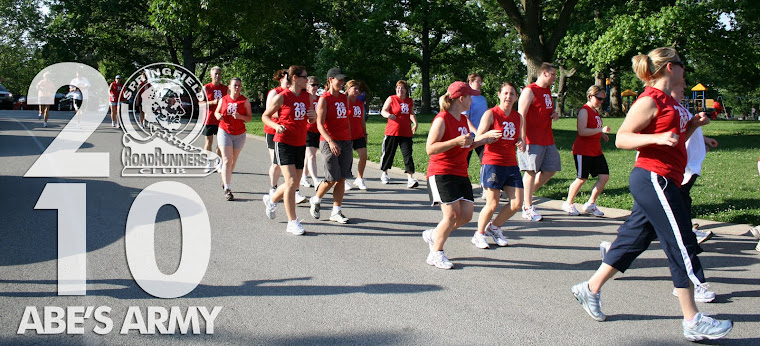It’s summer time in Illinois again and, like always, the extra heat and humidity can lead to heat illness. According to the Centers for Disease Control (CDC), more than 6,600 people died from heat-related causes between 1 979 and 1 995. This is a frightening statistic, but dehydration is 100 percent preventable. Dehydration can lead to deadly heat illness if left untreated. Symptoms of dehydration include dry mouth, thirst, irritability, general discomfort, headache, apathy, weakness, dizziness, cramps, chills and excess fatigue. Surprisingly even slight dehydration (as little as 1-2 percent loss in body weight) can affect your body’s performance.
Many people think that water is the only thing expelled from your body when you sweat; unfortunately that is not the case. Many electrolytes including salt, calcium and potassium are also removed from the body. These electrolytes are vital for normal function. A good diet is another way to regain some of your body’s lost electrolytes. Milk and other dairy products are an excellent source of calcium. Look to fruits, especially bananas, to replace your lost potassium. Sports drinks containing electrolytes may be most effective following a workout. A daily multivitamin is an excellent way to make sure your body is getting the fuel it needs.
One of the most important things to do in order to prevent dehydration is to monitor your body weight. Check your body weight before and after activity. Make sure to drink 20 ounces of water every 30 minutes for each pound lost. Do this until the body weight returns to pre-activity levels.
Here are some other tips to win the fight against dehydration.
* Drink two to three large glasses of fluid in the morning before activity.
* Avoid drinks containing caffeine and alcohol, both contain dehydrating substances.
* Avoid carbonated beverages.
* During exercise drink eight- 12 ounces of water every 15-20 minutes.
* Wear light-colored, absorbable, loose-fitting clothing.
* If planning on having a break between activities, bring a dry change of clothes.
* Stay in the shade as much as possible, especially during breaks
* Exercise in the early morning or evening as much as possible.
One last suggestion is to check your urine. If it is clear or light yellow, you are on the right track. However, the darker your urine, the more fluids you need to consume. Remember your body knows you best.
From: Back in the Game. Sports Care, Memorial Medical Center. Vol. 3; Issue 4.
Subscribe to:
Post Comments (Atom)

No comments:
Post a Comment